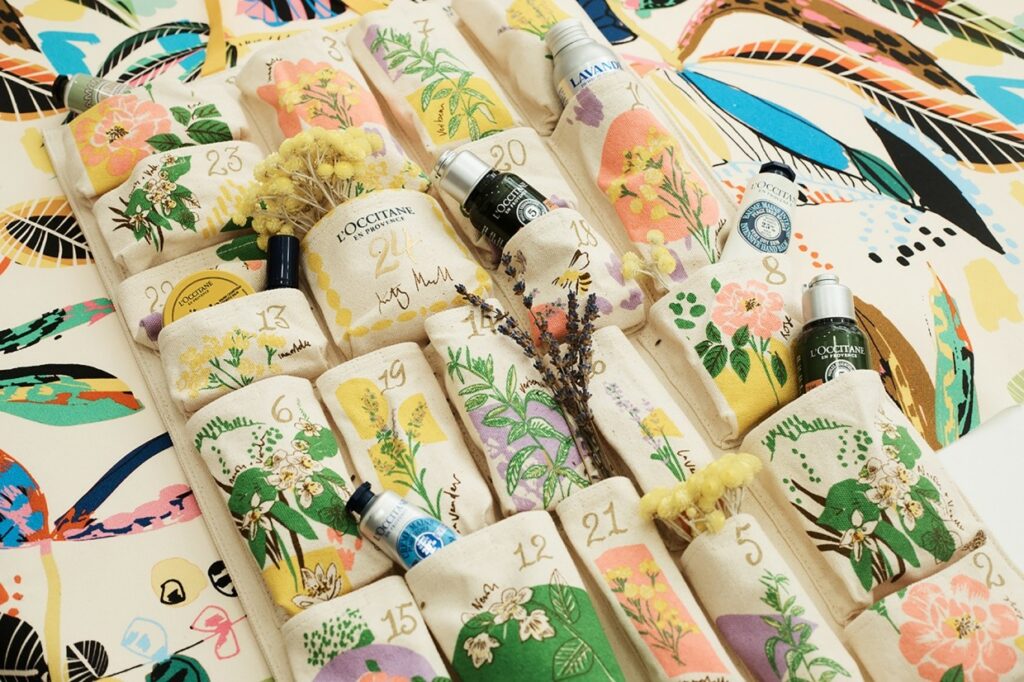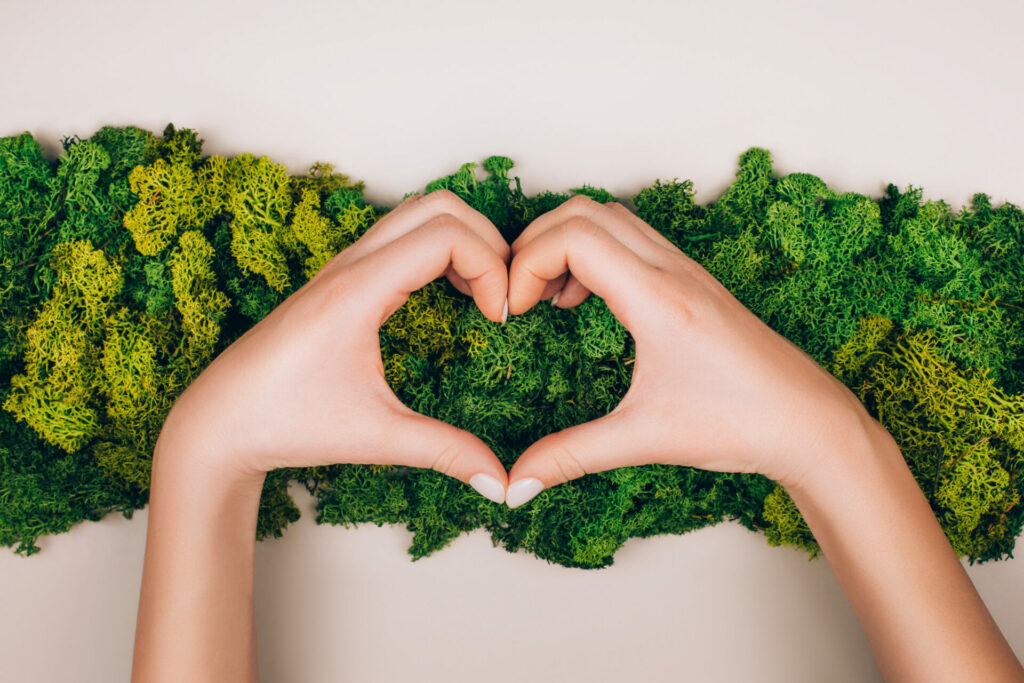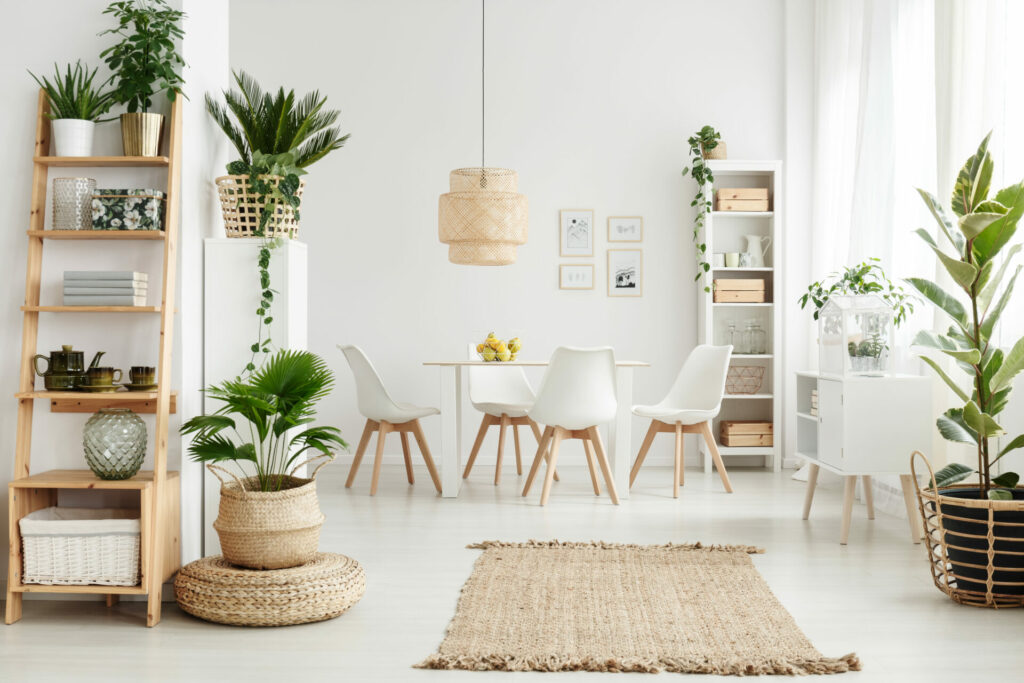M2R, a Hamburg-based label, known for its high-quality hand-knotted design rugs is now available in the UAE.
Founded in 2021 by Marcel Müller, M2R recently teamed up with internationally acclaimed designer Sebastian Herkner, to develop three collections including Foreshore Fields, a completely plant-based collection.
M2R places a strong emphasis on sustainability through a range of company wide initiatives including a focus on handmade production techniques and the use of renewable, natural raw materials.
Fair trade is also paramount to the brand who work to improve the living conditions of weavers in Nepal and India. Marcel even visits production sites several times a year.
The plant-based rugs are now available at Caspaiou, a furniture and bespoke interior design studio, on Dubai’s Sheikh Zayed Road. We spoke with Sebastian Herkner on the sidelines of the launch.
TE: How do you ensure your designs are both eco-friendly and aesthetically pleasing?
Sebastian Herkner: Marcel Muller of M2R and I have a shared vision where the idea of sustainability must be harnessed and brought to life in design and interiors. Not just treated like a buzzword or after-thought.
Before I designed the TRAILS collection for M2R, we personally visited the manufacturers and suppliers. We travelled to Kathmandu and spent some quality time with the weavers who were introduced to me by Label Step – the fair trade non-profit organisation committed to the wellbeing of weavers and workers in the handmade carpet industry. This was a huge privilege to better understand the technique and ultimately, get inspired for new designs. Handcrafted products have a unique beauty and also show the human touch.

This is why we made sure that the rugs we created were made using traditional craftsmanship and sustainable materials, all under the best possible working conditions. The result was an award-winning collection that is timeless in design and durability. It was also important to create that perfect design environment to present the collection and that’s where Caspaiou Design and Interiors in Dubai came in with its accent on creativity, collaboration, and connection.
TE. Have you used any truly unique materials in your designs?
SH: With our second joint collection, VIEWS, we went a step further in our aim for a truly sustainable product. The design Foreshore Fields is made from 100 per cent nettle, a plant that grows in the jungle areas of Nepal and doesn’t need any resources in terms of farmland and water.
A beautiful surface to play with, I worked with Marcel, his team and Caspaiou to design and bring to the region M2R’s first plant-based rug made of nettle.

TE: What are some key principles that designers should consider today?
SH: Integral to the concept of sustainable practices in interior designing is a commitment to protect traditional skills and practices, ensuring the use of environmentally friendly materials and reducing wastage in the manufacturing process.
There is no short cut available, and one must get to the source of the materials and establish a rapport with the local artisans in a one-on-one fashion so that all actions initiated are eco-friendly and everyone is on the same page. Such an inversive approach encourages new ideas and inspires the imagination to experiment with new materials and designs especially when it comes to capturing and preserving the intrinsic beauty of handcrafts.
The idea is not to consume but to cherish, to feel the innate beauty and genius reflected in the final purchase and to enjoy its addition to the decor of the home or workplace.

TE: How important is sustainability in design, do you see it playing a more important role?
SH: Sustainability is now integral to all types of manufacturing and the 21st century’s mark of responsible commerce. The planet needs relief and all those who harness its material resources must give something in return.
Gradually the awareness of sustainable practices is entering the equation in design and interior decor. There is so much which can be done. Source local talent and materials, reduce consumption of fuel, cut down travel and lower your carbon footprint, recycle waste products, or find a fresh use for them, every little bit counts.
With such awareness increasing one can protect custom and tradition while exploring new concepts and being kind to Mother Earth.
This dedication to sustainable practices is not an indulgence but a mandate that makes every item of the collection finally created a testament to friendliness…to the planet we live in and those of you who take our designs home and enhance your environment.








